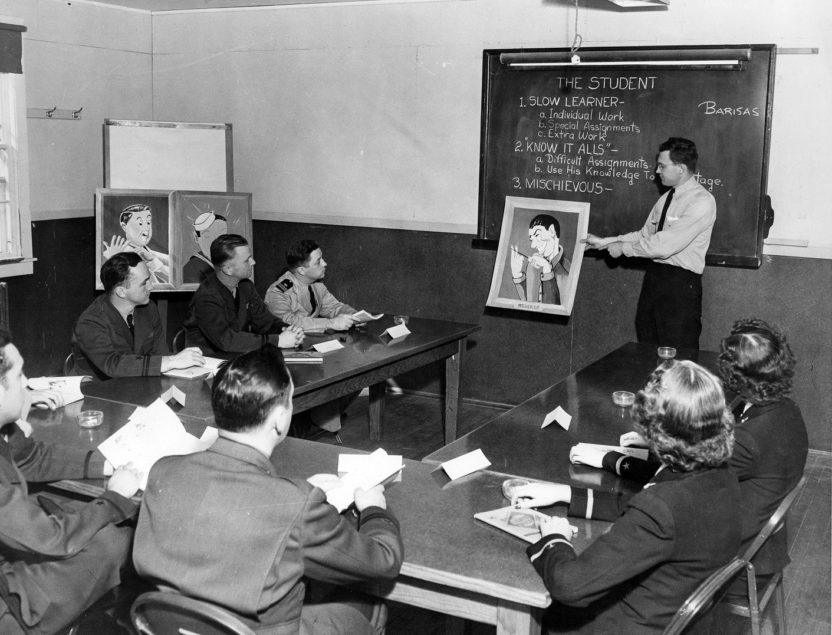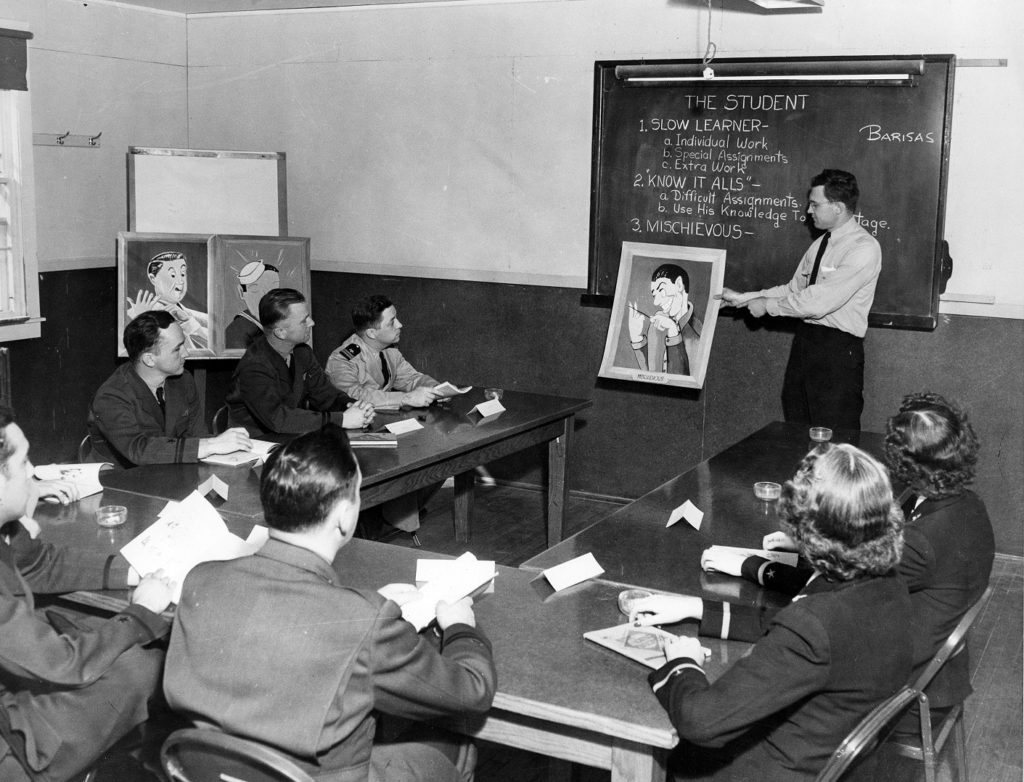
Information Age Learning?
Posted on: November 18,2019
The Navy and Marine Corps are asking a lot of hard questions about learning. We are faced with a future operating environment in which we will have neither a technological nor numerical advantage over our adversaries in Great Power Competition. What we have come to realize is that the Naval Service will only win if it is better trained and educated than our adversaries. We need to out-cycle them; to observe, orient, decide and act with greater relative speed. We need an intellectual advantage.
“What is needed is an information age approach that is focused on active, student-centered learning using a problem-posing methodology where our students/trainees are challenged with problems they tackle as groups in order to learn by doing and also from each other.”
Gen David H. Berger
38th Commandant’s Planning Guidance
The Commandant’s Planning Guidance (CPG) clearly states that our current industrial model of education is not producing a force that is prepared for the modern battlefield. Why is this? Is it merely a question of tablets in the classroom and on the training range or does this go deeper? The statement of the Commandant suggests that we are still squarely rooted in industrial-age practices, “lecture, memorize facts, regurgitate facts on command…what to think and what to do instead of how to think, decide and act.”
How then should the Naval Service move from the classrooms of the 19th century into the 21st?
“We must transform our legacy approach of training and education to advance the intellectual edge of our Marines and the combat effectiveness of our units. Going forward, we must leverage (more fully) the growing bodies of knowledge in adult learning, human performance science, and talent management…”
Maj Gen William F. Mullen, III
TECOM Vision and Strategy, 2019
So what does this mean for the Marine Corps? What is this information age model? How does it bring us into the 21st Century? What will it allow us to do? How does it prepare us for the modern battlefield?
“New classroom delivery models allow us to re-imagine new combinations of educator expertise, time, instructional materials, research, physical space…and (yes) technology in ways that achieve optimal outcomes for students. They begin not by assuming the current model but rather by understanding what it is we want students to be able to do, the measures of success, the resources we have to work with, and our own sense of possibility.”
Joel Rose
How to Break Free of Our 19th-Century Factory-Model Education System, The Atlantic
So what does this look like? Have you looked at the Commandant’s Reading List? Why are Ender’s Game and Ready Player One on there? These books are just children’s science-fiction. What could they possibly tell us about learning in the future? What do you think?




